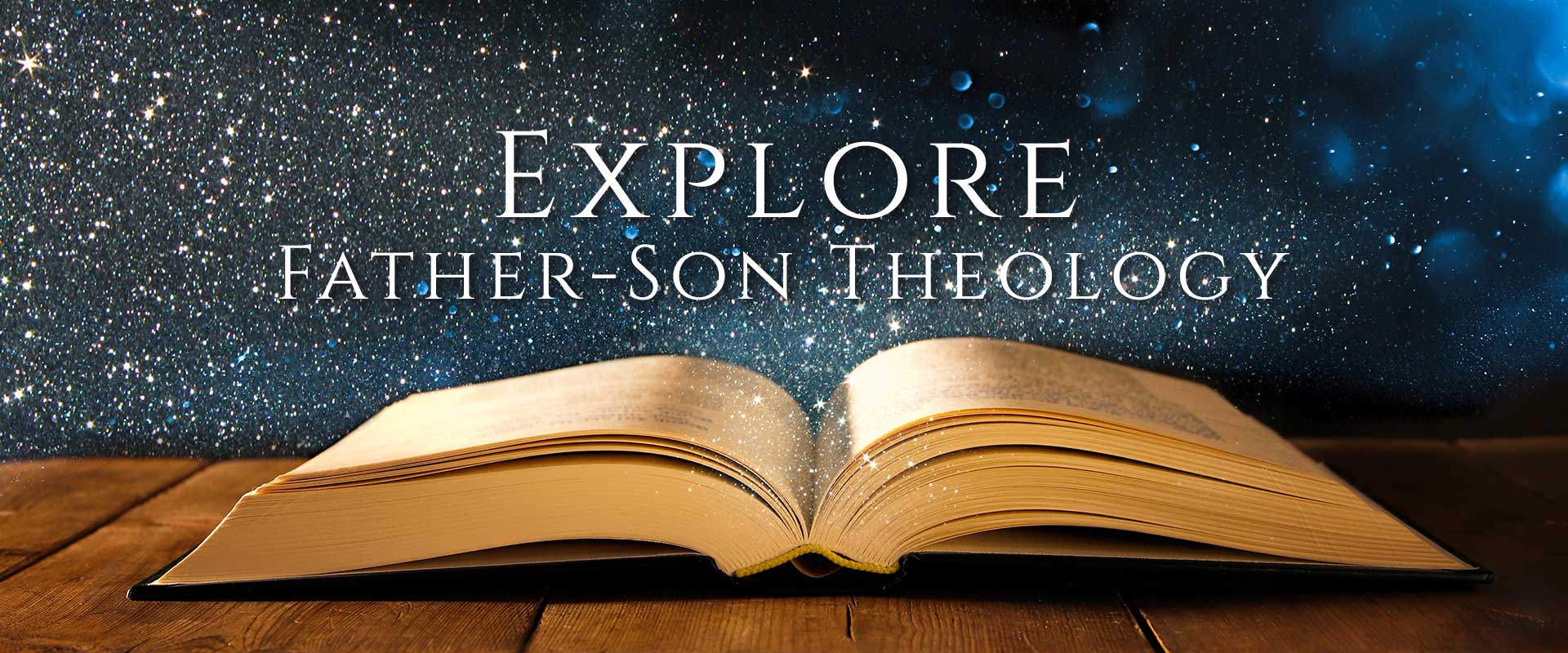Explore Father-Son Theology
Father-Son Theology reveals that God is more than the Creator of all things. He is the Father of humanity.
In the beginning, God breathed His Spirit into our forefather, Adam, who was made in God’s image (Gen. 2:7). As that Spirit was passed down through the generations, God made from Adam every person on earth (Acts 17:26). Each of us depends upon the breath of God within us to remain alive. If God were to inhale His life-giving breath, every human being would return to the dust (Job 34:13-14). This is why God is called the Father of the spirits (Heb. 12:9). He fathered the spirit which is present in every living person.
Bible-believing Christians know it is possible to have two births: a natural birth and a spiritual birth (John 3:3-4). The first birth comes from the breath of God passed down through our natural parents, making each of us a living being (Gen. 2:7). The second birth comes when God breathes new life into each of us as we place our faith in Jesus. Through the second birth, we become eternal beings (1 John 5:11-12). In the natural sense, all people are children of God. In the spiritual sense, all believers in Jesus are eternal children of God (John 3:6).
Although Christians have some awareness of God as Father and we as His children, Western Christianity has incorporated the thoughts of the Greek philosophers who saw God as distant and impersonal. This perspective of God is at the foundation of the Western church and Western civilization. Father Son Theology was developed to free Christianity from these influences.
When Western Christianity is separated from Western philosophy, the truths of Scripture become clear.
—Dr. Harold R. Eberle

FST (Father-Son Theology) is built on the foundational truth that we should see God as Father and ourselves as His children. The best place to commence our study is not in Genesis 1:1 with the words, “In the beginning, God.” We should go back earlier than that. A better place to start is with God and His heart, before the foundation of the world. Under the inspiration of the Holy Spirit, Paul, the apostle, revealed to us God’s heart, intentions, and plans.

Books on theology often start with a prolegomenon, offering a basis for determining truth. FST builds on the truths revealed in the OT and NT. The prolegomenon may be the longest portion of a theology book because the basis of truth should determine all the conclusions throughout the theological perspective that is presented. However, I am not going to offer a lengthy prolegomenon.
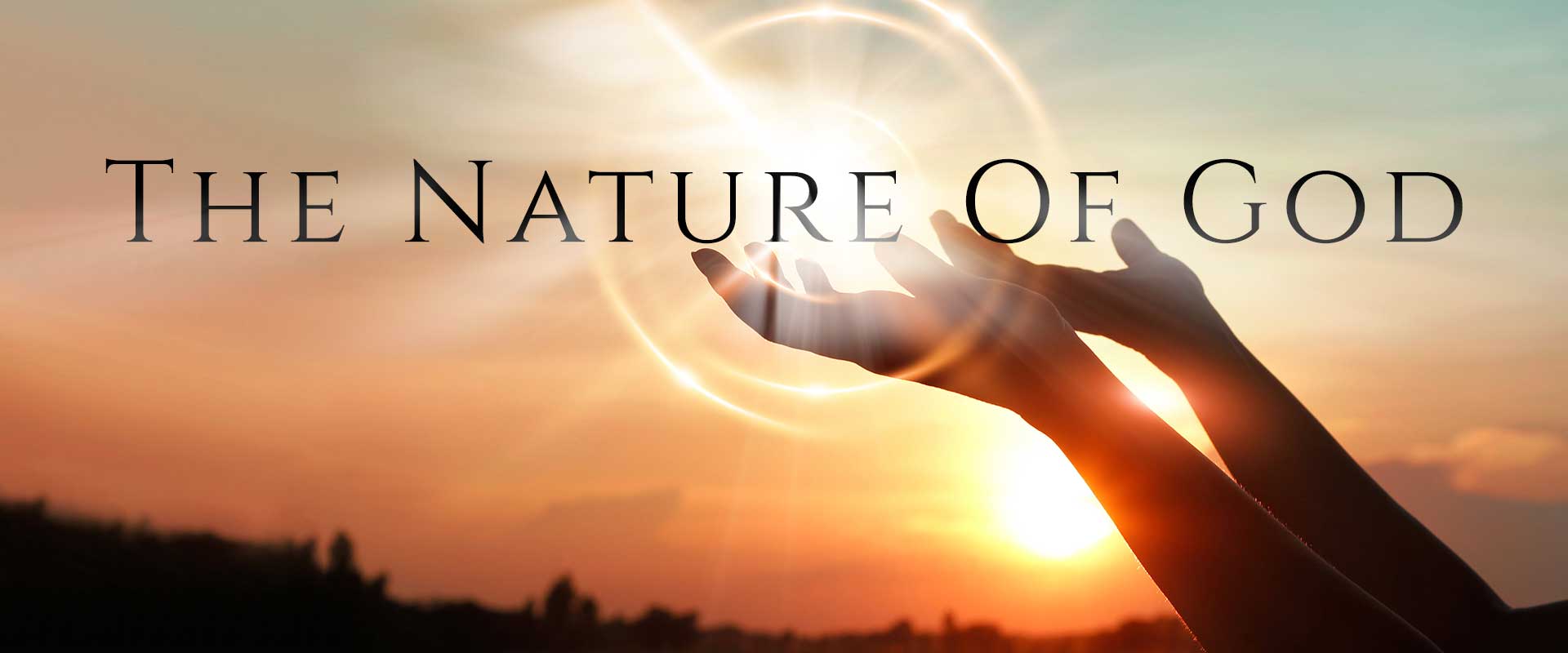
With theology, the beginning point is God (assuming we have already established our source of truth, which is the Bible). How we understand God should determine everything we understand about His interactions with this world. Therefore, the foundation laid in this volume will influence all the subjects addressed throughout Father-Son Theology.
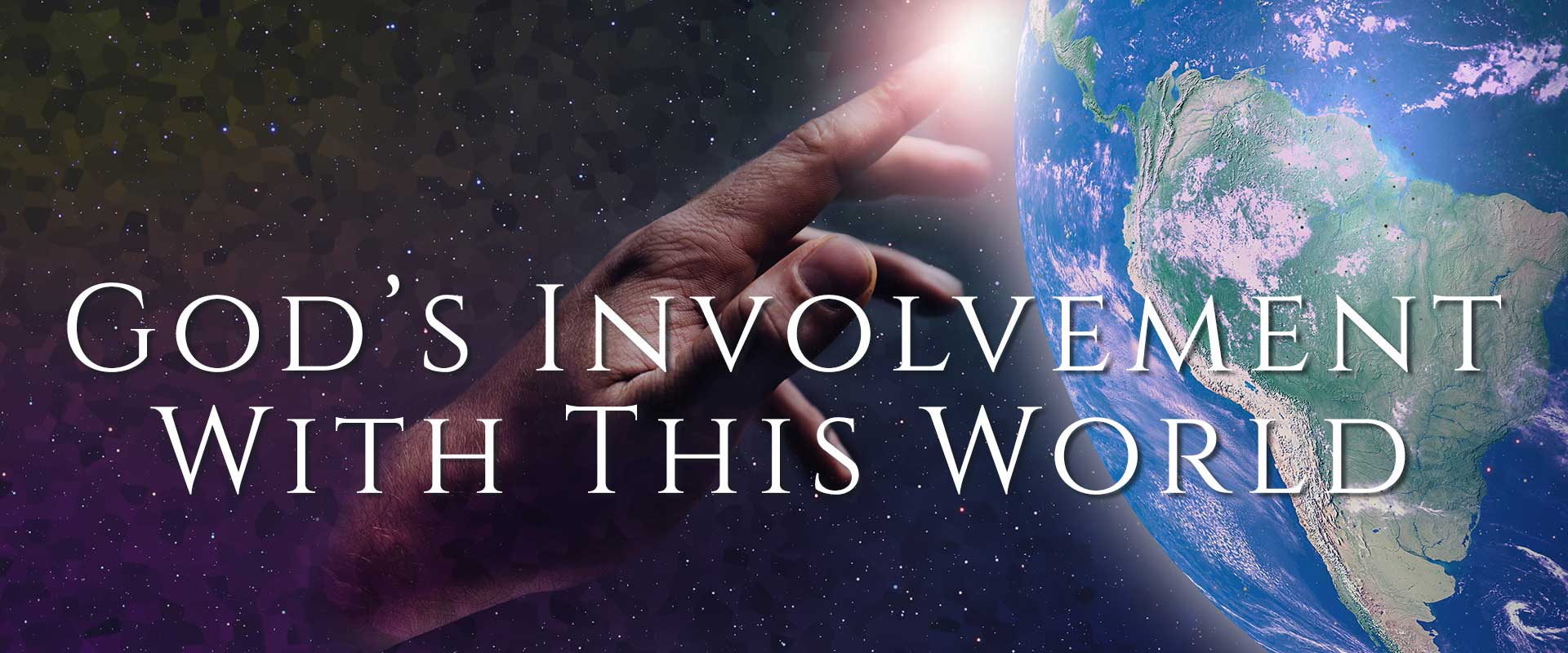
In Volume II, we will learn how our view of God determines how we understand His involvement with this world. We are not talking about how He created the world, but rather how He interacts with this world and humanity since creation. In Section A, we will discuss God’s involvement from the perspective of CCT/CRT.

Our understanding of the nature of God should correspond with our understanding of the nature of all He created. So here, we will study creation and see that correspondence. This volume is divided into the following sections: The Who and Why of Creation, The What of Creation, Angelology, Creation and Time, Father-God’s Knowledge of the Future, and Origins, Creation, and Evolution.
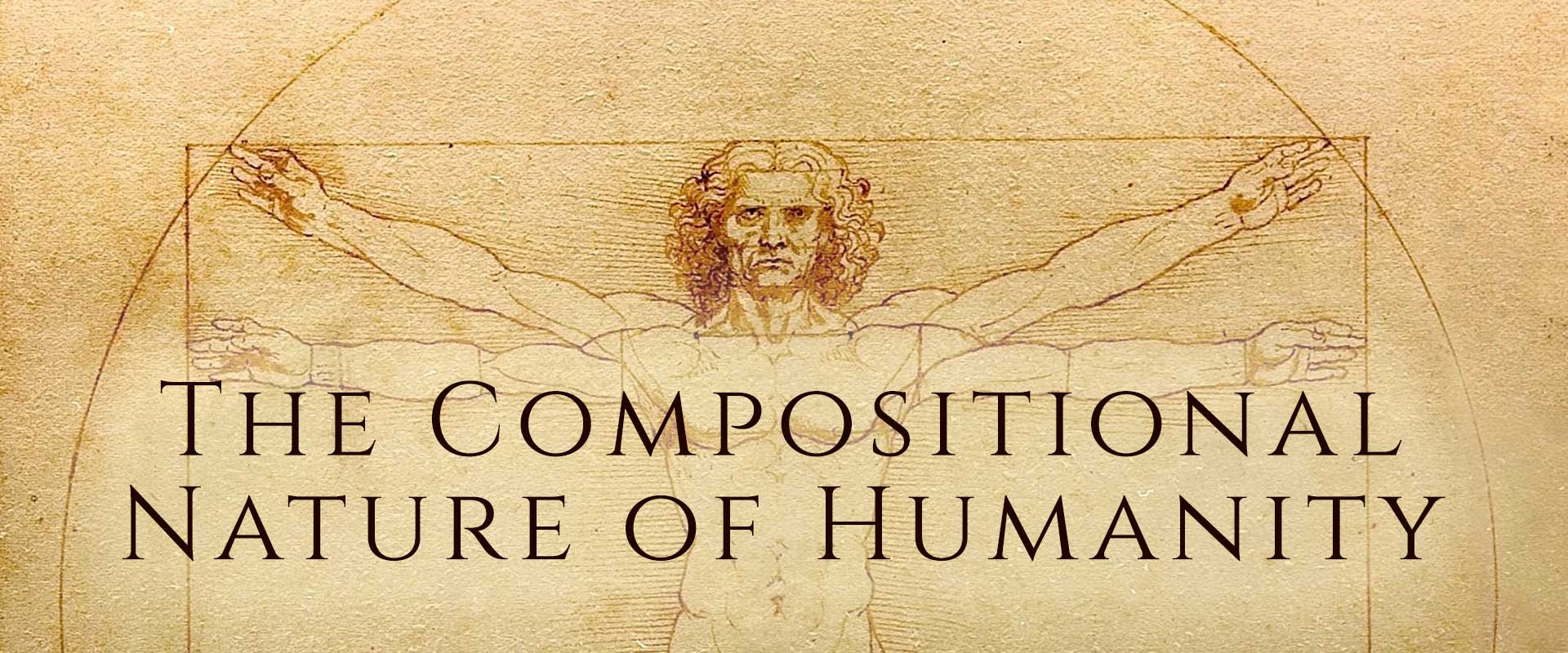
Volumes IV and V deal with anthropology, which is the study of humanity. Volume V explains the value and moral nature of humanity, dealing much with the effects of sin. In Volume IV, we will discuss the compositional nature of humanity, which refers to how and of what a person is composed.

In Volume V, we will talk about the value and moral nature of humanity. In Section A, we will briefly discuss the CT/RT view, and then go on in Sections B through N to see what the Bible reveals about these subjects. These discussions are divided into the following sections: The View of CCT/CRT, The Original Blessing, The Myth of Separation from God, Any Separation Originates with People, The Doctrine of Original Sin, The Major Errors of Federalism, Rethinking Original Sin, Authority, Not Sin, Is Transferable, How Does Sin Come into Humanity, Born Sinful and Condemned, How Good or Bad Are People, The Pelagian Controversy, and The Semi-Pelagian Controversy.

It is time to develop a biblical perspective on the origin and nature of evil, sin, pain, sickness, suffering, and death. To develop this perspective, we will have to dismantle what already has a hold on our minds. This is necessary for Western Christians because they tend to think along certain well-established thought patterns that did not originate from the Bible.

Soteriology is the study of salvation. In systematic theology, it is fitting to have soteriology follow a study of the nature of humanity and the nature of sin because salvation is God’s answer to humanity’s problems. People need saving. From what do people need to be saved? This is the question we will answer in Section A.
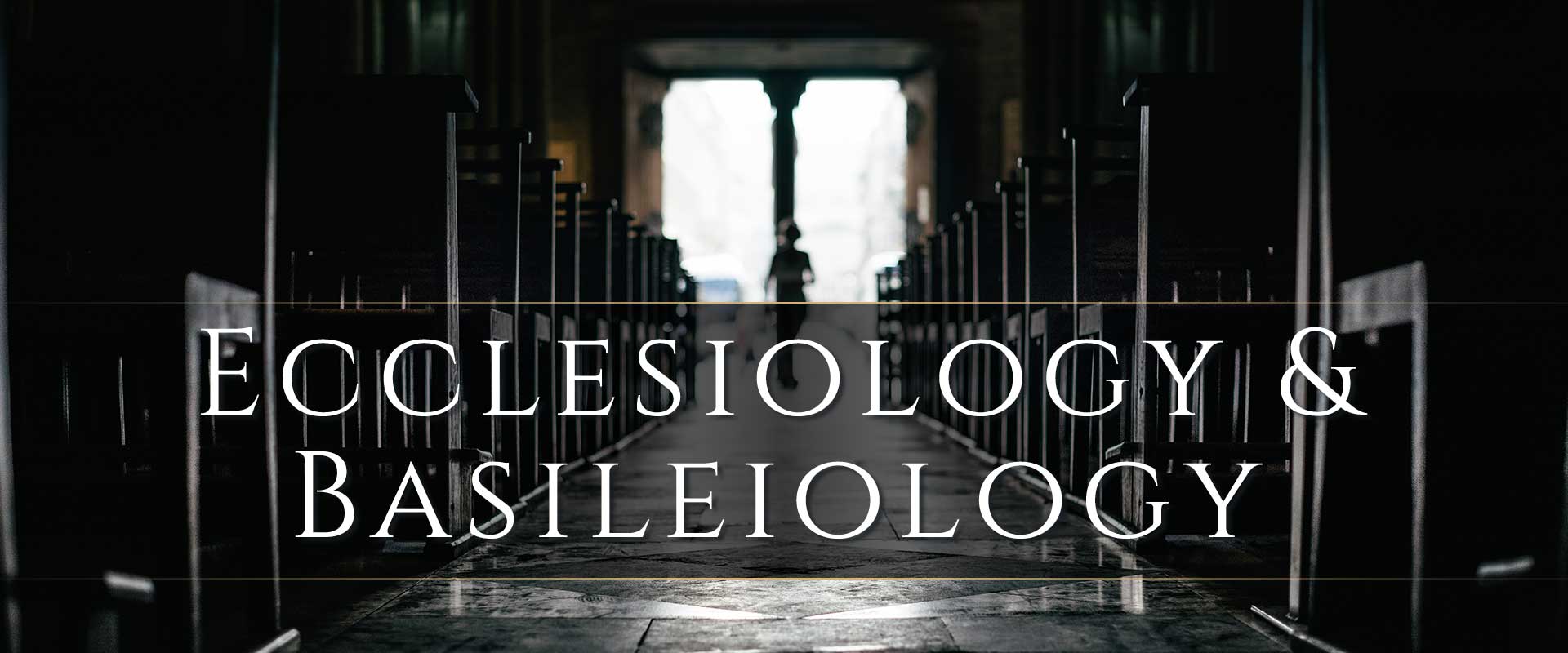
Ecclesiology is the study of the ecclesia (or spelled ekklesia), which is the Greek word usually translated in the NT as “Church.” Basileiology refers to the study of God’s Kingdom. The Kingdom is the domain over which Jesus reigns. This volume is divided into the following sections: Theology Has Consequences, Distinction between the Church and Kingdom, The Nature of the Church, The Structure of the Church, The Function of the Church, The Nature of the Kingdom, Gospel of Salvation or Gospel of the Kingdom, and The Victorious Kingdom Advancing!
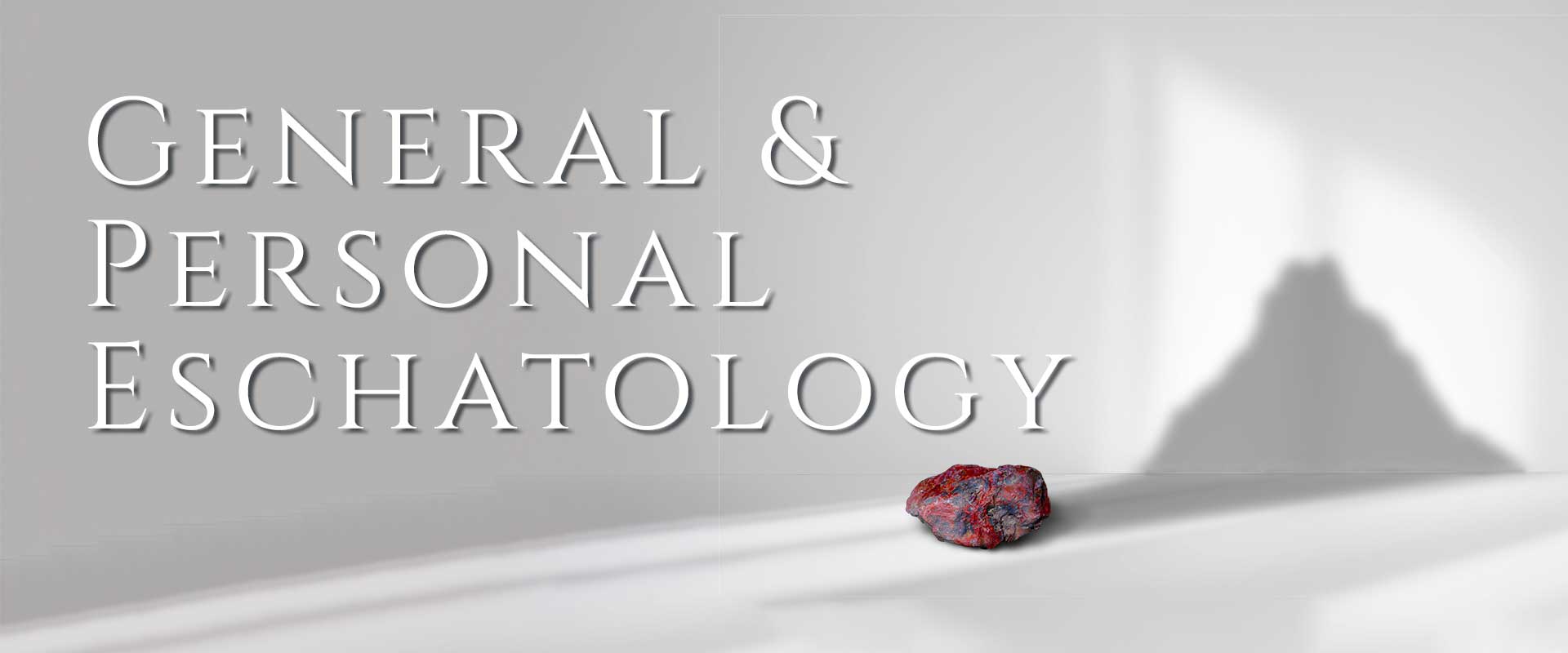
Eschatology refers to the study of the last things, and it is often broken into two categories: general eschatology and personal eschatology. General eschatology is the study of the major end-time events that happen to the entire world, including the second coming of Jesus, the millennial reign, the final judgment, and the new heaven and Earth.
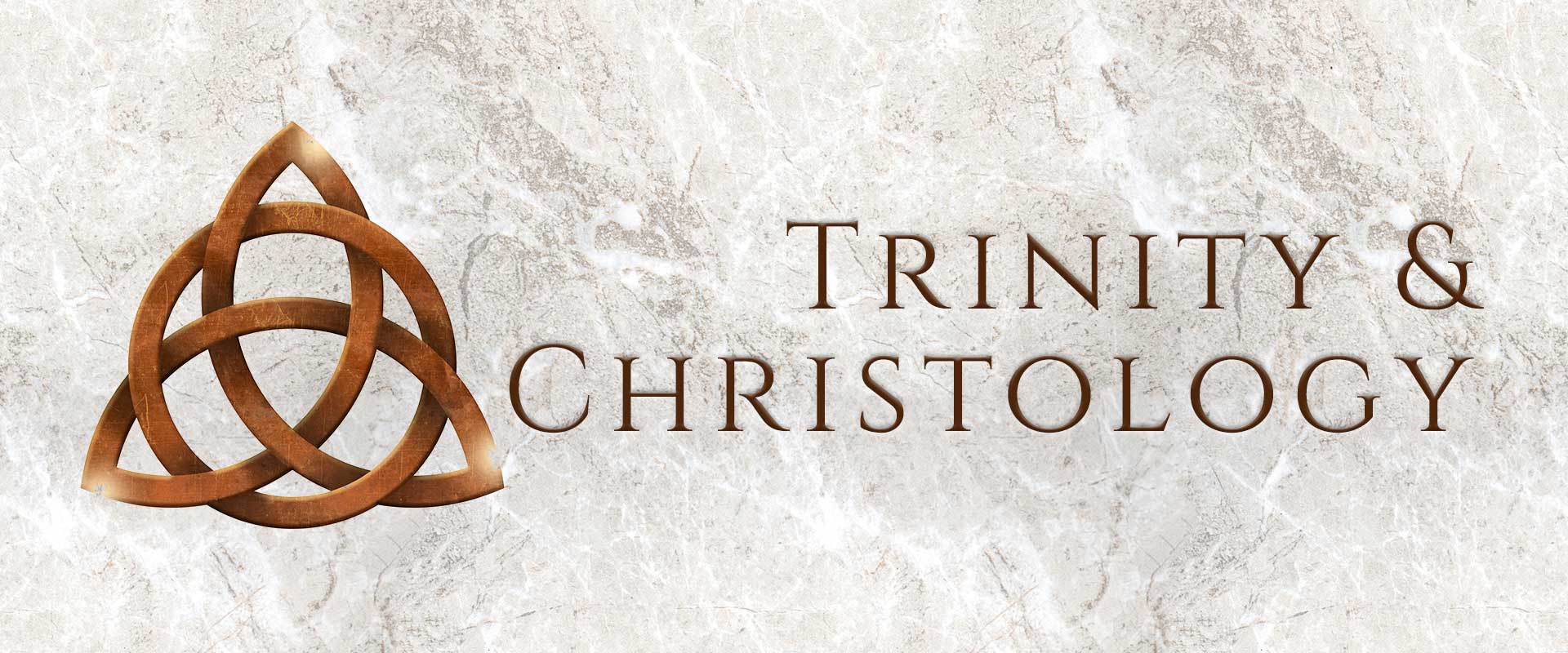
In this volume, we will discuss the Trinity and Christology. The word, Trinity, comes from tri meaning “three” and unity meaning “united as one.” The word is not in the Bible, but it summarizes the orthodox Christian view that God is three Persons in One God. Christology is the study of Jesus Christ.
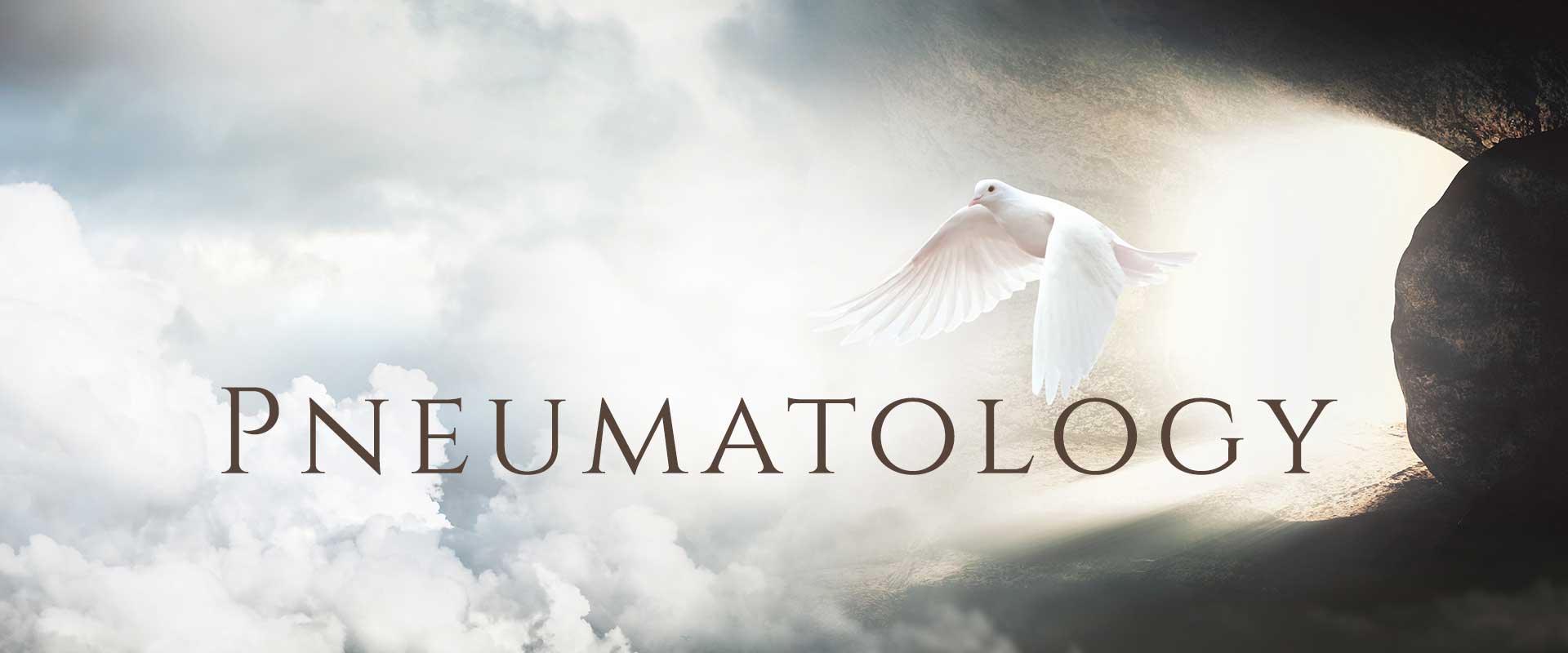
Pneumatology refers to the study of the Holy Spirit. The English word comes from two Greek words: pneuma, meaning, “spirit,” and logos, meaning, “word” or “teaching.” This volume is broken into the following sections: The Person of the Holy Spirit, The Works of the Holy Spirit, The Anointing of the Holy Spirit, The Gifts of the Holy Spirit, The Gift of Tongues, The Prophetic Gifts, and Divine Healing.

Now we can see what our theology produces in the life of Christians. CT/RT leads to one lifestyle and FST leads to another lifestyle. Of course, no one lives totally consistent with their theology, but their theology plays an important role in determining how they live. The most determining factor of FST is in seeing God as Father.
